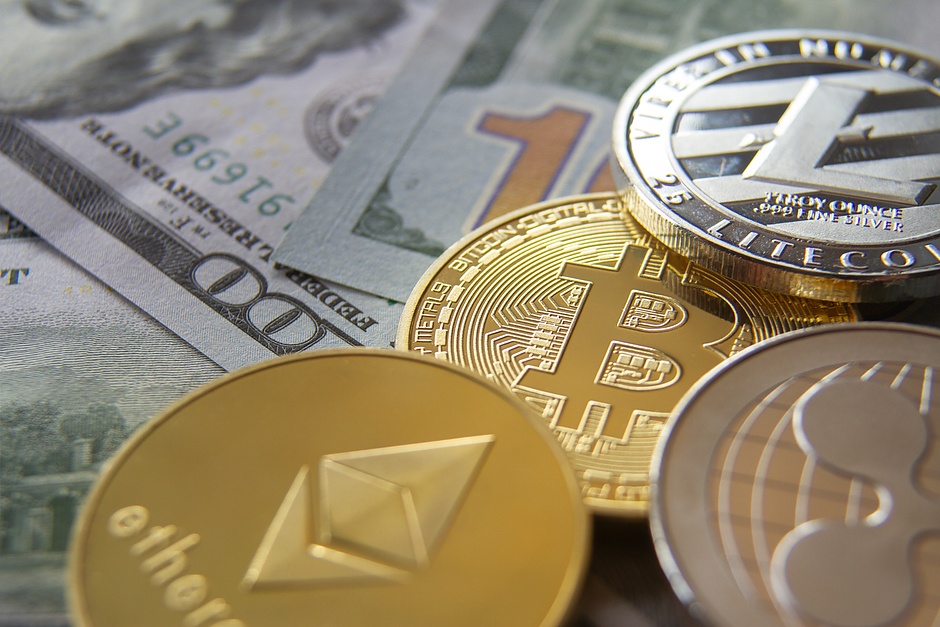Regulatory compliance needs to become mandatory for all cryptocurrency exchanges

The cryptocurrency industry often faces criticism due to its lack of compliance. While trading platforms have to adhere to strict regulations, there is still room for further improvements. It is a crucial aspect that too few companies take seriously or prioritize today.
Compliance is a Necessity
To die-hard advocates and fans, there is no room for compliance when using cryptocurrencies. Many people actively seek ways to buy, sell, or trade cryptocurrencies without performing a KYC identity verification procedure. Several years ago, it was unusual to see an exchange enforce such checks upon its users. Today, it has become the new normal, and it will only become more outspoken in the future.
Whether one likes it or not, regulation and compliance are two pillars of the future cryptocurrency ecosystem. Bitcoin and alternative currencies need to shake off the label of "tools for money laundering and other criminal activities." Mainstream consumers and companies do not want to get involved with something that is still partially shady in their eyes. Compliance will prove beneficial to the broader industry, even if not everyone sees it that way at first.
One could argue the compliance aspect is a "test" for the cryptocurrency industry. More specifically, it is a measure to determine which trading platforms have honest intentions and keen business sense. Any company avoiding compliance altogether may not be trustworthy in the end. If they are not compliant, why even trust them with your coins?
Avoiding KYC and AML Is Not An Option
Even today, there are still multiple smaller exchanges currently not performing KYC and AML checks. We are not talking about decentralized exchanges, as no one has the power to force such a procedure upon the users. When it comes to centralized platforms, however, integrating compliance needs to be a top priority. Sadly, that is not always the case.
Even the industry giant of Binance allows users to trade and withdraw funds without verification. More specifically, the limit is 2 Bitcoin per 24 hours worth of crypto-assets. It may seem insignificant to larger traders, but this is more than sufficient for most regular users. When the largest exchange sets a precedent of not prioritizing compliance, no one can expect its competitors to do things differently.
Compliance Processes Become Easier
Several years ago, it would take days, if not weeks, for users to complete compliance procedures. That is no longer the case today, thanks to innovative providers such as Jumio. Their online identity verification process shortens the overall onboarding time for cryptocurrency users. Additionally, it is a very straightforward procedure, further lowering any friction associated with this concept.
Moreover, several compliance verification providers will offer a global solution. Rather than working with different providers to verify identity checks in other regions, leveraging global coverage benefits both exchanges and their users. An all-encompassing approach, like this model, will eventually make people more comfortable with compliance procedures.
Individual Exchanges Need To Make a Choice
Another factor contributing to the lack of compliance is how there is no industry standard. More specifically, most exchanges operate in regions where cryptocurrency regulation doesn't exist or is very accommodating. This diversified approach makes it impossible to create an industry-wide standard to which all centralized exchanges need to adhere.
At the same time, every trading company can make up its mind. I genuinely applaud any company that focuses on compliance, as it makes them more legitimate to onlookers.
One may argue that these compliance processes are invasive and erode user privacy. We live in a digital age where privacy is seemingly no longer a fundamental right. At the same time, companies are only allowed to gather the data they need. Performing a compliance procedure for cryptocurrency trading has less impact on one's privacy than using a bank account.
Setting an Example Is Crucial
Keeping all of the above in mind, it is time for individual exchanges to push the envelope. Any company serving as a positive example toward incorporating compliance checks for all its users will eventually gain a competitive edge.
One concrete example is MXC Global. As a company, they put compliance at the top of the priority list. The firm holds multiple licenses across the world, allowing it to scale up its operation across different regions quickly. Additionally, this company is of the many exploring services offered by Jumion, allowing them to cater to users worldwide through one quick and convenient compliance process.
The same train of thought applies to MXC Global's approach to platform security. It is one of the few exchanges to note a zero coin loss record since its inception. Moreover, they have active partnerships with third-party security providers to ensure no one can take advantage of the platform or user funds.
Conclusion
It is now up to other exchanges to determine what they want to achieve. Focusing on compliance and security is an absolute must at this point. Taking the necessary precautions to protect the company, but also the users needs to trump everything else. Whether local regulators enforce them or not, failing to adhere to these guidelines will hold back the global adoption of cryptocurrencies.
The way I see it, far too many cryptocurrency companies aren't taking compliance seriously today. Whether they do so willingly or for external reasons is tough to determine. Regardless of what the driving factor may be, compliance processes need to become mandatory at all times. There are no valid reasons not to do so, and the users will ultimately benefit from this approach. Compliance offers traders peace of mind and may lead to broader adoption of crypto-assets globally.
Author

Alex Zha
MXC Global Ltd.
Alex Zha serves as Director of Global Operations for MXC exchange, one of the largest one-stop cryptocurrency service providers in Asia. Prior to MXC, he has gathered experience at OKEx as senior Global Marketing Manager.





